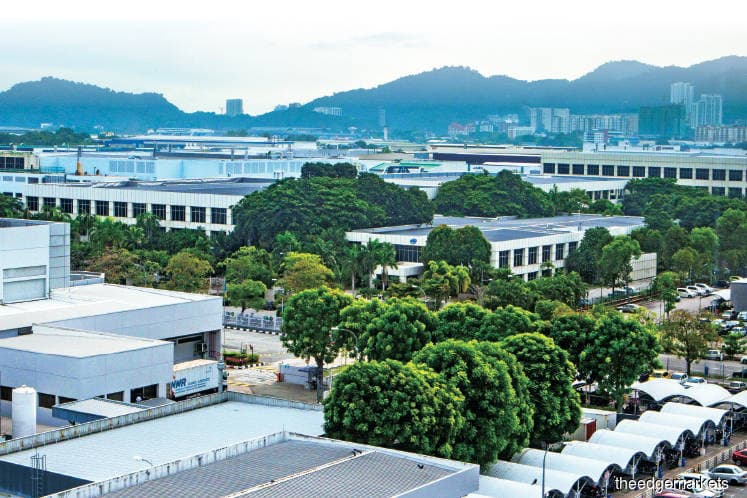
This article first appeared in The Edge Financial Daily on December 4, 2018
KUALA LUMPUR: Manufacturing activity in Malaysia dropped to a six-month low in November, as leading firms reduced input buying and subsequently their stocks of purchases.
The Nikkei Malaysia Manufacturing Purchasing Managers’ Index (PMI) fell to 48.2, from 49.2 in October. A reading of above 50 indicates an expansion and below 50 points a contraction.
“Contributing to the latest monthly contraction in Malaysia’s manufacturing sector was weaker demand pressures. New orders decreased markedly in November and to the greatest extent for six months,” said IHS Markit, which compiles the survey, yesterday.
“Meanwhile, export sales picked up from the previous month, indicating the soft patch in order book volumes stemmed from domestic clients. However, the rise in new businesses from overseas was only marginal,” it added.
“Growth prospects for the fourth quarter (4Q) took a turn for the worse in November, as the headline PMI indicated a second successive monthly decline in the manufacturing sector,” said IHS Markit economist Joe Hayes.
“Key forward-looking gauges of macroeconomic health also depicted downside risks, as overall demand fell sharply, leading firms to be less willing to hold stock.
“Following the sales and service tax’s introduction in September, panellists have mentioned weaker demand pressures in 4Q so far. The survey’s data also pointed to slowing order growth from overseas clients in November, following some relative strength in October,” Hayes added.
IHS Markit said nonetheless, Malaysian manufacturers continued to add to their payrolls in November.
“Although the rate of job creation was mild and slower than that in October, it was broadly in line with the series average. Fewer new sales in conjunction with higher staffing levels enabled firms to channel additional resources into clearing outstanding businesses.
“Backlogs of work were reduced for a third month in succession during November and to the quickest extent since July 2017,” it added.
Amid less favourable demand conditions, IHS Markit said firms cut their purchasing activity and also stockpiled fewer inputs and finished goods in November.
As a consequence of weaker buying levels, pressure on suppliers were less intense than that in October, with delivery times lengthening to the least extent in four months.
In terms of pricing, cost pressures were reportedly stemmed from the ringgit’s depreciation and higher raw material costs in November. Although the increase in input prices was softer than the 11-month peak seen in October, it was strong overall.
Malaysian manufacturers expect production to pick up over the next 12 months despite the downward trend in current output volumes.
“Forecasts of improved demand and planned new product introductions underpinned the optimistic view. That said, confidence has eased as some firms raised concerns about the wider economy,” noted IHS Markit.